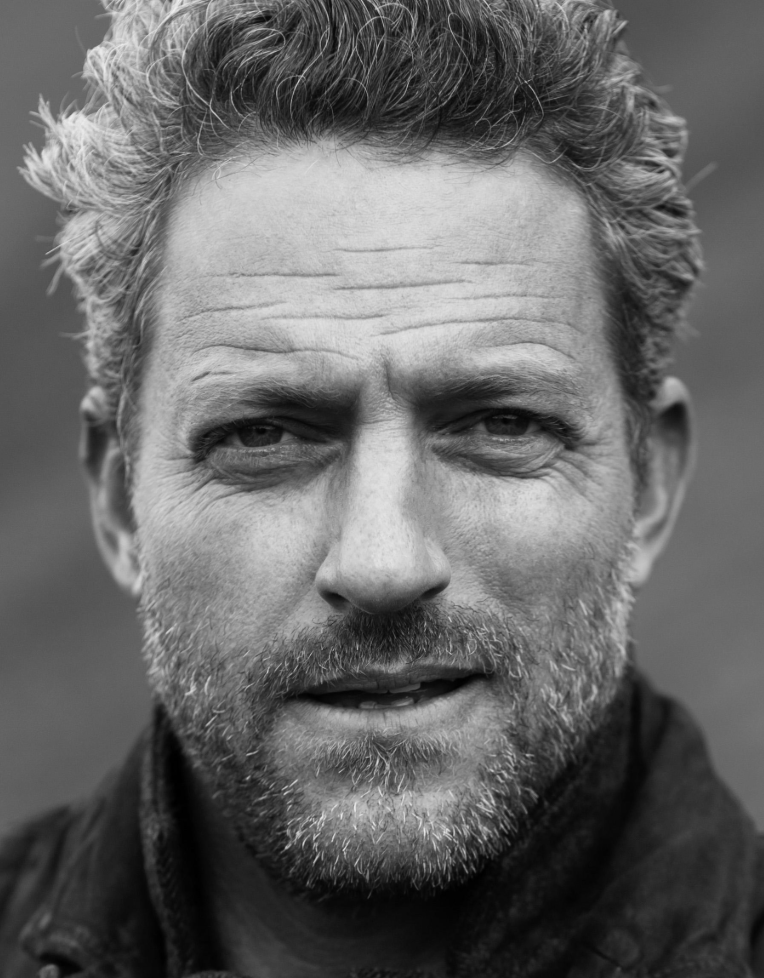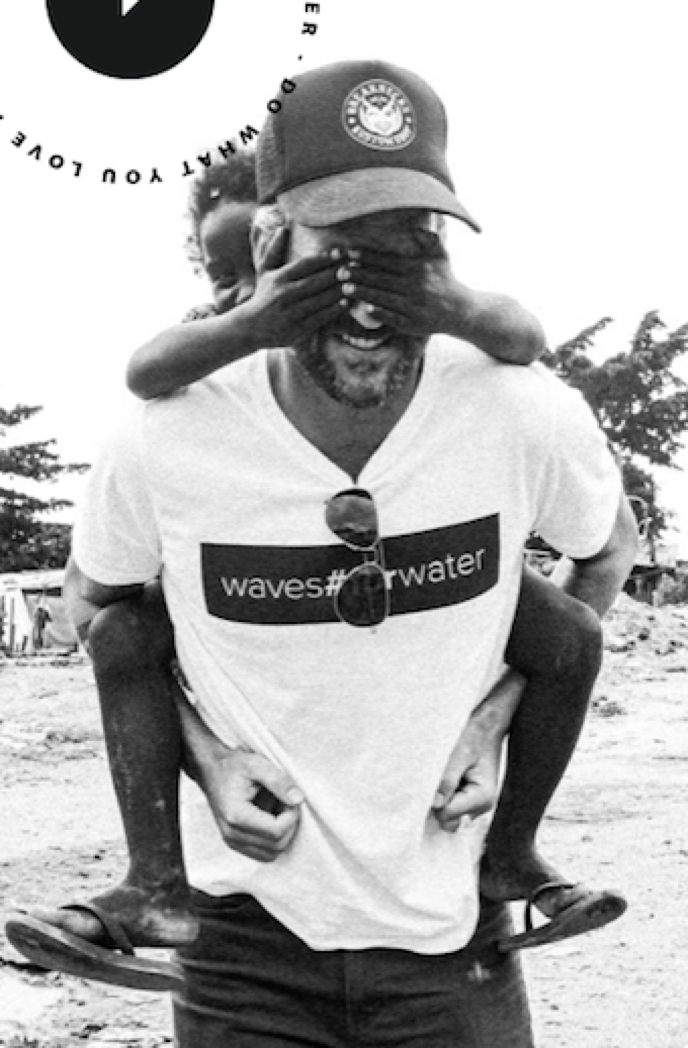As a professional surfer, Jon Rose traveled the world in pursuit of perfect waves. His adventures led him to some of the most breathtaking and remote locations in the world. After a 13 year career, looking for his next move, Jon was inspired by his father Jack, who had recently set a up a non-profit in Africa, aimed to help people catch and filter rainwater. Some of the best waves Jon had found throughout his surfing career were in developing countries with no access to clean water. He wondered why great solutions that already existed, such as portable water filters, bore-hole wells, and rainwater harvesting systems, weren’t being more commonly implemented in the regions he and his friends had traveled through. Why couldn't surfers and travelers continue doing the things they love, but also help along the way? It turns out they could. After extensive research, Jon discovered that the technology to create potable water, through already well-established technologies, not only existed, but also was cost-effective and readily available.
In 2009, Jon left for Bali on what was to be his first Waves For Water journey, armed with ten new filters he bought with his own money. During a layover in Padang (Sumatra), on the way, a 7.6 earthquake hit, completely devastating the area. Surviving the earthquake without a scratch, Jon worked tirelessly to distribute the filters where they were most needed. He did not know it yet, but this would be the true birth of Waves For Water (W4W).
W4W is a humanitarian aid organization that provides access to clean water for communities that have chronic clean water issues or in communities devastated by disaster. Jon's objective is to identify problems associated with clean water in a community, then quickly connect an appropriate solution—such as portable water filters, rainwater harvesting systems, and/or bore-hole wells—in a sustainable way.
Jon describes his work as “Guerrilla Humanitarianism," which refers to taking a no-nonsense, stripped down, yet strategic and tactical, approach towards problem solving. He believes that, in most cases, matters can be taken into one's own hands, bringing viable solutions directly to the problem–under the radar and around bureaucratic red tape, when necessary.
“One in nine people still do not have access to clean water and that is ridiculous," says Jon. “We strongly believe that as a group, as a movement, we can change the statistics and solve this problem, in our lifetime."


